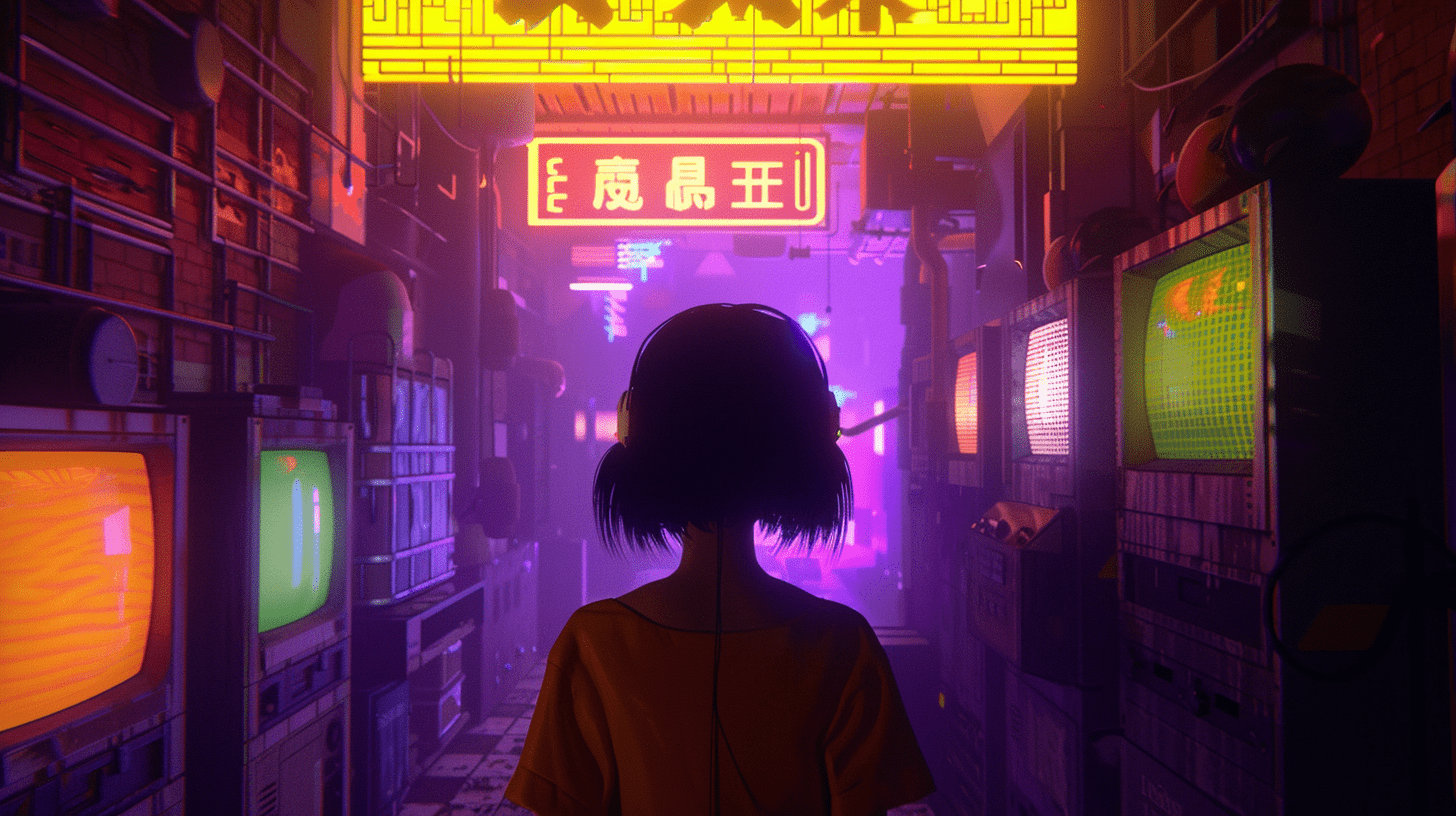Decentralized Autonomous Organizations (DAOs) in Crypto Gaming: A New Era of Governance

The gaming industry has undergone significant changes over the years, particularly in the ways games are governed and managed. Traditional games have typically been governed by centralized entities, with developers and publishers making all key decisions regarding game updates, in-game economies, and player engagement. However, the rise of crypto games has introduced a new era of governance, where players are becoming more involved in shaping the future of the games they play.
At the heart of this transformation are Decentralized Autonomous Organizations. DAOs operate on blockchain technology, offering transparent, decentralized governance models that empower players and communities with decision-making authority. With DAOs, players can actively participate in voting on game mechanics, governance, and economic structures, creating a more player-driven and democratic gaming ecosystem.

What are DAOs?
Decentralized Autonomous Organizations (DAOs) are blockchain-based entities that operate without centralized leadership, where governance decisions are made collectively by community members. DAOs function through smart contracts that automatically enforce rules, allowing participants to propose and vote on changes, ensuring a transparent and democratic process.
Unlike traditional centralized governance models, where developers or companies make all the key decisions, DAOs distribute power across the player base or community. This shift to decentralization ensures that all stakeholders have a say in shaping the direction of the game or platform.
The core principles of DAOs revolve around decentralization, transparency, and player participation. By leveraging blockchain technology, all transactions and votes are publicly recorded, fostering trust within the community. Moreover, players or token holders can actively influence game updates, economic systems, and governance policies, creating a more equitable gaming ecosystem.

The Role of DAOs in Crypto Gaming
DAOs play a pivotal role in giving players governance rights, enabling them to actively participate in decisions that shape the future of the game. By holding governance tokens, players can vote on proposals that influence a wide range of game elements, from mechanics and updates to economic policies and content development. This shift from a developer-centric model to a player-driven governance structure ensures that the community’s interests are prioritized.
In crypto games, DAOs often influence critical elements such as in-game economies, token distribution, and even the development of new features or expansions. For example, players might vote on changes to reward systems, decide on the introduction of new NFTs, or propose alterations to game balance. This decentralization empowers the community to have a more direct impact on their gaming experience.
By decentralizing control from developers and distributing it among players, DAOs foster a more collaborative and democratic environment. This system allows for transparent decision-making, where every participant has a voice, creating a stronger sense of ownership and commitment to the game’s success.

DAO Governance and Player Autonomy
DAO governance introduces a new level of player autonomy by allowing them to directly influence key game decisions. Through governance tokens, players can vote on proposals that impact various aspects of the game, from content updates and rule changes to economic policies and tokenomics. This voting system ensures that the community has a significant voice in shaping the direction and future of the game.
Governance tokens serve as the primary mechanism for participation in DAO decision-making. Players who hold these tokens can submit proposals, vote on issues, and collectively decide on important game developments. This democratized approach allows for more inclusive decision-making, where players feel empowered to influence outcomes that align with their interests and vision for the game.
The impact of community-led governance through DAOs is profound, as it transforms the traditional player-developer relationship. Instead of passively accepting updates and changes, players actively shape the game’s evolution. This not only enhances player engagement but also creates a sense of shared ownership, leading to a more invested and loyal community. Ultimately, DAO-driven governance fosters a collaborative ecosystem where the game evolves in harmony with the community’s desires and feedback.

Challenges of Implementing DAOs in Crypto Games
While DAOs offer transformative potential in the governance of crypto games, their implementation is not without challenges.
Technical and Logistical Challenges
Setting up a DAO within a game requires sophisticated blockchain infrastructure, smart contracts, and security protocols. Managing the decentralized nature of DAOs also demands seamless integration with existing game platforms, which can be complex and resource-intensive. Games must ensure that voting mechanisms, governance tokens, and decision-making processes are transparent and tamper-proof, requiring significant development expertise.
Addressing Voter Apathy
One of the most common issues in DAOs is low participation in voting and governance activities. In many cases, players may not feel incentivized to engage regularly in decision-making, leading to voter apathy. This poses a risk to the integrity of decentralized governance, as decisions may be made by a small, active minority, which may not represent the broader player base. Encouraging consistent, meaningful participation through rewards, educational initiatives, or gamified voting systems is crucial to keeping players involved.
Risks of Centralized Control
Despite the decentralized nature of DAOs, there is a risk of power imbalances, often referred to as "whale" influence, where individuals or groups with large holdings of governance tokens dominate decision-making. This can lead to centralized control within an otherwise decentralized system, undermining the democratic ideals of DAOs. Addressing this challenge requires designing voting mechanisms that prevent token concentration from skewing governance outcomes, such as weighted voting systems or participation-based incentives.
While DAOs hold the potential to revolutionize governance in crypto gaming, overcoming technical hurdles, voter engagement, and maintaining true decentralization are critical factors that developers must navigate to ensure success.

The Future of DAOs in Crypto Gaming
As the gaming industry continues to evolve, the role of DAOs is expected to become even more significant, transforming how players interact with and influence the games they play. Looking ahead, we can anticipate the rise of more sophisticated DAO governance structures, enabling players to have greater control over game development, in-game economies, and content creation. These decentralized systems will likely expand beyond individual games, with the potential for cross-game DAOs, allowing players from different communities to collaborate on decisions that impact multiple gaming ecosystems.
In addition to governance, DAOs may also reshape the way games are monetized. Player-driven decisions could influence the introduction of new features, in-game assets, or even the pricing of items, all in a way that benefits the entire community. As more players gain ownership through governance tokens, we may see a shift toward more player-owned economies, where game worlds are driven by decentralized principles rather than developer-led centralization. This could extend to player-owned assets and the integration of NFTs, further enhancing the concept of true digital ownership.
Ultimately, DAOs represent a transformative force in the gaming world, offering players unprecedented autonomy and influence. As this model matures, it will likely redefine the relationship between developers and players, shifting the balance of power and creating a more equitable, collaborative future for gaming. The continued evolution of DAOs will not only impact game governance but could also set the stage for a new era of player-driven innovation and engagement across the entire gaming industry.
